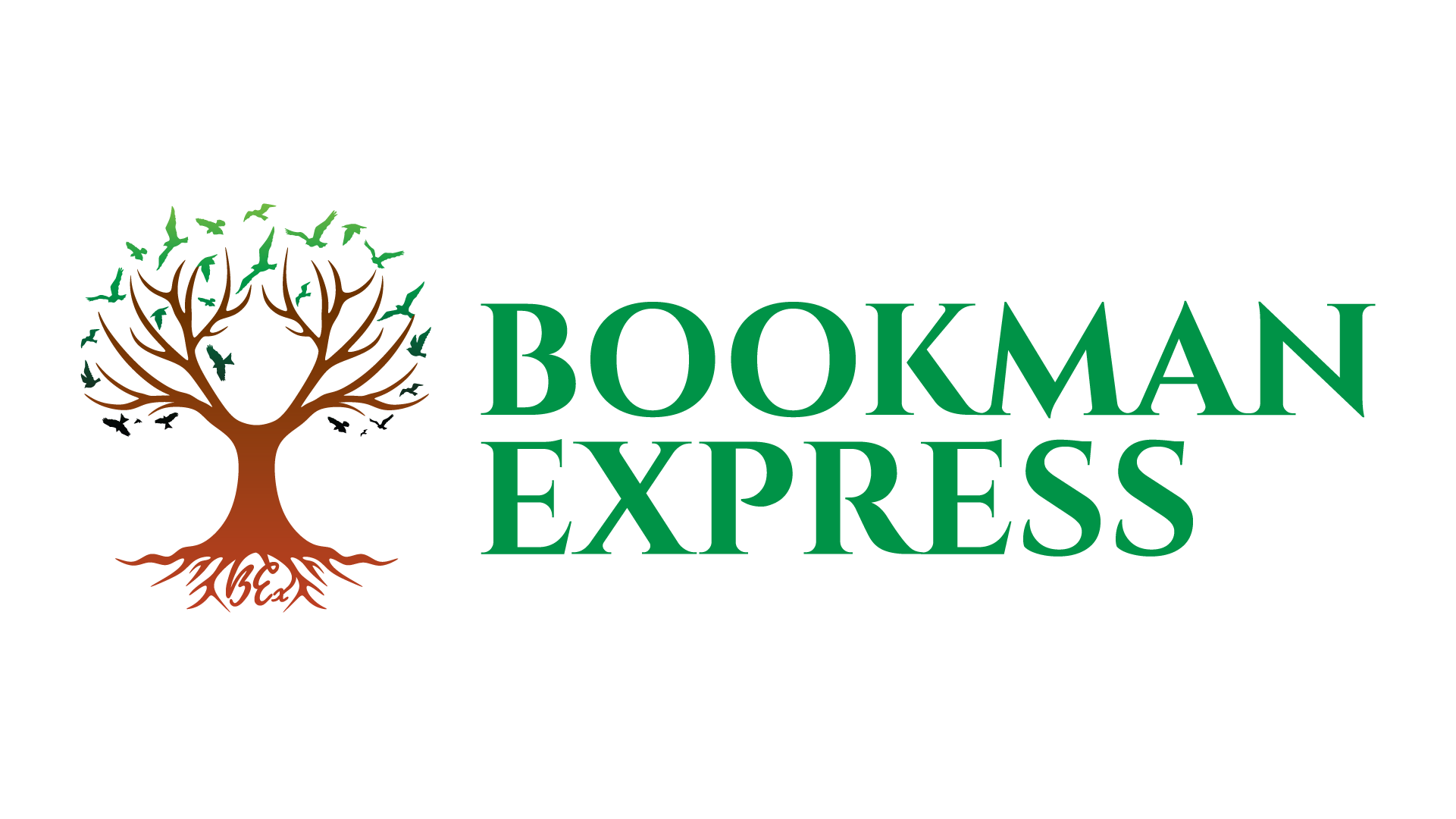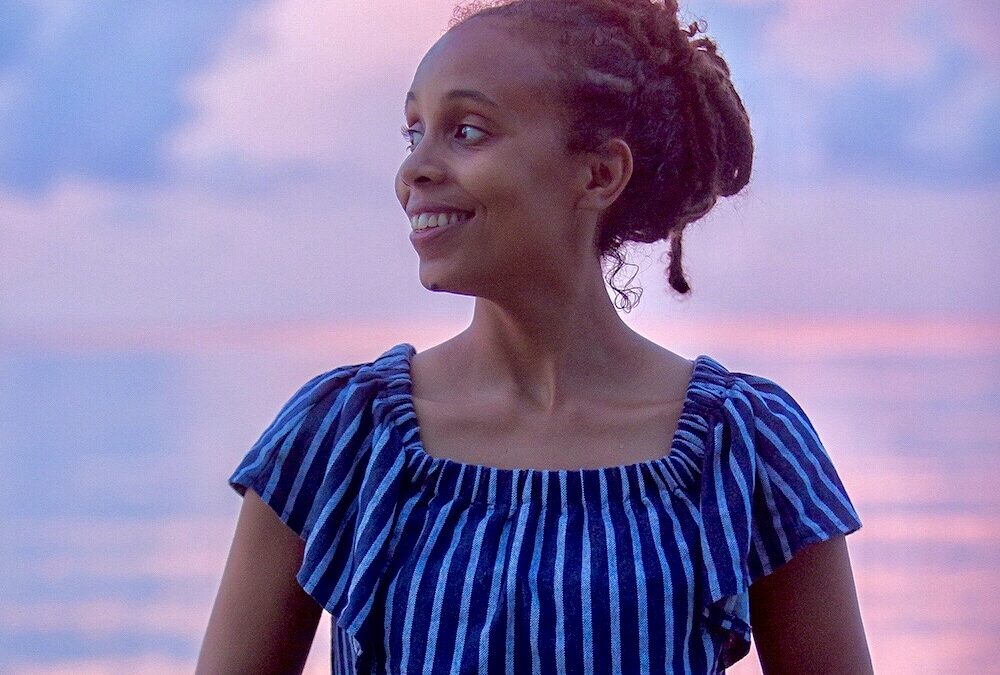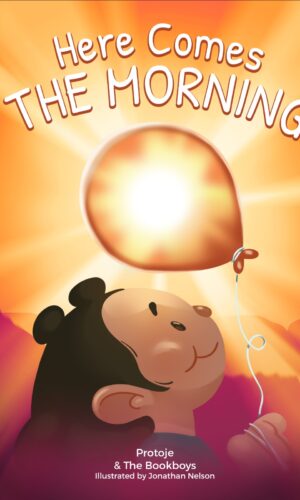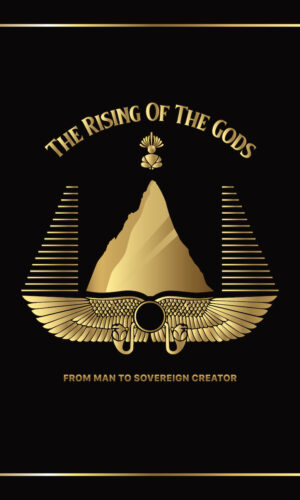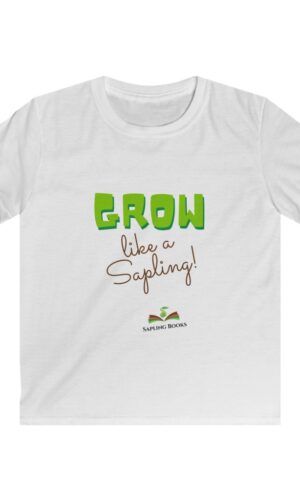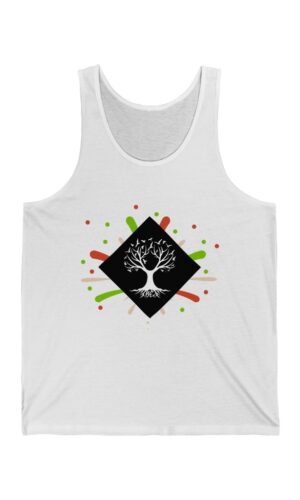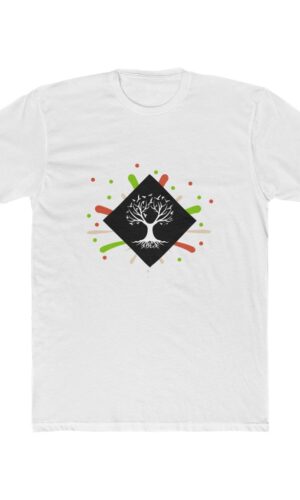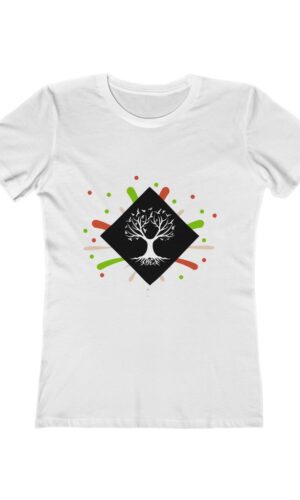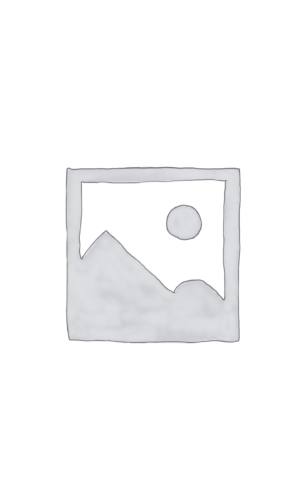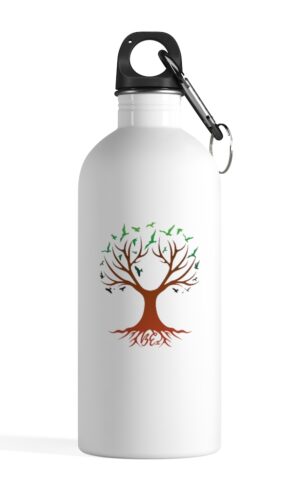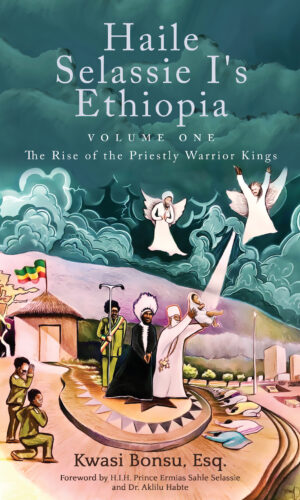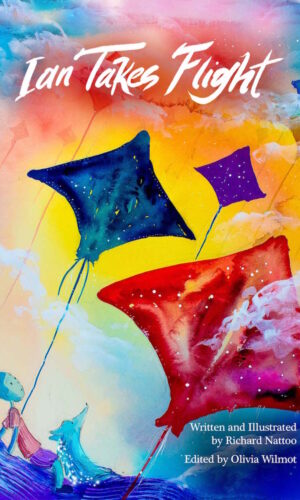Since the beginning of the ongoing pandemic, there have been increased conversations concerned with how to properly educate our children. In the global West particularly, Afrocentric communities have long been aware of societal ills and, moreover, how ill-prepared Eurocentric education systems have made our babies. Still, the past months have highlighted the urgency of the matter for all who have eyes to see. Our conversation with Olivia Wilmot is, therefore, a timely one. She is a teacher, a homeschooler and a mother to an 11-year-old daughter and two sons, 9 and 5. Her ideas to evolve early childhood education could seem radical in today’s climate but, as she explains, her inspiration comes from indigenous ways of being.
Olivia Wilmot is the editor for the new Sapling Books (Bookman Express) children’s book, Ian Takes Flight. In taking on the task, she was determined to ensure that the book would engage children’s natural advantages: their perception, their imagination and their sheer brain activity. She is passionate and adamant about play-based learning in nature for young children, especially in their first seven years of life. As the voice of Earth and The Fullness, she attests to the spiritual benefits of songwriting and music creation. Ultimately, Olivia wants people to have life experiences that will help them to access their true selves and potential. So, she starts with the little ones.
What was life like for a young Olivia?
Very friendly. Just very open and friends with everybody. Anywhere you put me to sit in a class, I’m gonna be friends with whoever I’m with and I’m gonna get in trouble for talking too much. Might get moved! [Laughs.] But a good student and not really a trouble maker. Just love to talk. I think I had a pretty peaceful and happy childhood. At home I was the youngest by far, so one big advantage of that was all the different music that everyone else was listening to. I really enjoyed being exposed to so much different music. Being the youngest also meant playing alone a lot. I loved to read and draw and anything that I could do. Just make up likkle games, ramping around the house, coming up with different imaginary situations. If I could play with my neighbor, I would go visit them. Of course, I had school friends but it’s not like nowadays where you’re constantly connected. I was really a very sensitive child, but only my family and those absolutely closest to me knew. There wasn’t really much of a way to process that. My family was very important to me.
But that was me as a child generally: friendly, love to play, love to swim, love to learn, love to just be creative and be involved with music and write stories.
No less than 10 books have been authored by your father, Anthony Johnson. Did his writing practice influence you, and is his literary legacy connected to your foray into children’s literature now?
My father is a big influence in that sense. Both my parents loved to read but my father loved to write, especially about history. He was very patriotic and passionate about Jamaica and everything that it was, is and could be. I definitely got that sense of patriotism and value for history from him. I think that his writing and actually publishing his own books was something that I was always very proud of. I was always very impressed by that. He couldn’t have done it without my mom, who did the editing and who typed them out, from back in the day on typewriter come straight through to the first word processor. Even though they were his books, I was quite aware that mommy’s role was really integral. I got to see the process that he went through as well. At the time that he was writing, there wasn’t any internet until he got down to the last couple of books. Even then, the content that he was doing wasn’t online, so I saw him doing all of the research. He constantly had papers and books around him all the time If we were going anywhere on a family trip, it could take us a very long time to get where we were going because him see somebody and ask them if dem know about this, and dem say, Yes, yuh nuh, and if you talk to this person in that community… Then we go to that community and find that person. He was such a hard worker, and was very passionate about doing things well that would be of value to others. So he didn’t write specifically for children but I have an interest in that based on my interest in teaching and my fascination with how people learn and process experiences. I went into teaching because I thought that it would be a good thing to do, and I figured that early childhood would probably be the most interesting and least boring thing to actually learn about. And it turned out to be really fascinating, the more that I learnt about it because it really is! So it was kinda natural for me, having that experience in teachers’ college, to be thinking about creating things for children because when you’re in teachers college you have to create things for children. I would love when we have to write a song because I love writing songs, so I would get to do that. So the children’s part is more me, based on my particular experiences, but just the interest in writing and being passionate about Black stories and Jamaican history and really valuing that, doing it some kind of honor, bringing honor to it, preserving it, I think I definitely get that from my parents.
Was it like living in a dream?
[Laughs.] Lemme tell you sumn. You see, if you need help with your homework, think long and hard before you ask daddy because you going haffi set aside at least half an hour. He’s gonna say, Well, you see…, and give you the whoooole history! The whole thing. My friends used to say, Oh my God, your dad is like an encyclopedia! He knew a lot and he was always ready and willing to share that information. As much as that was frustrating to me then, I am exactly that to my children. They come, they ask me a question, and I’m like, Okayyy, time to have a moment! You have any water? Get comfortable. [Laughs.] I think they like it though.*
*BEx note: 11-year-old Makena intervenes immediately to register her disagreement.
As an educator in the field, what is your view on how best children can learn?
I think that there is still much to be overstood where that is concerned, especially in mainstream society on this side of the world. There is so much that indigenous cultures have to teach us, and I hope that we get to learn more about it before it is changed or, God forbid, tainted by the colonial experience. What has been preserved is highly valuable and I think should actively be sought out. Many of the ideas that are considered either progressive or backed by multiple disciplines of science today are actually already established in several indigenous cultures. So, children should learn in a way that really honors their stage of development. Early childhood, which goes up to about age 7, is this very interesting stage where the brain is developing at its most rapid and intense rate ever. The brains of toddlers are actually twice as powerful as an adolescent, so that means that their perceptive abilities are far greater than what we can even really remember. They are extremely powerful and so they have these powerful imaginations as well. And the ability to learn really fast. For instance, they can learn as many languages as they are regularly exposed to in that period. But their prefrontal cortex, their ability to control their emotions and keep track of time in a conventional sense and things like those are not so powerful as yet.
LISTEN: Olivia Wilmot speaks on conventional methods of early childhood education and stresses the importance of a nurturing home environment. [3 min, 26 sec]
What children basically need is you actually interacting with them from infancy. Providing that, you will be able to understand them better. From what I see in indigenous cultures, the child gets to the age of 7 or 8 before they start to take on more communal responsibilities. More is expected of them in terms of how they manage their time, what it is that they are learning and what it is that they are doing. In our society, this would translate to being ready for academic learning. And the more that that academic learning can be made hands-on and tailored to actually having some sort of real life result or implication for the child, the more meaningful the whole learning process. It will help them to actually be more independent in their learning.
But because we have these standardized tests, all of that just get squash. What we end up having even when children are really ready to engage using their prefrontal cortex, it is also severely restricted by having such limited options. I mean, we get by now but what could our world be like if children were allowed to do more and be more of themselves. I think that’s one of the things that you see happening in indigenous cultures that are still safe. That’s essentially what they do in places like Scandinavia, where the world marvels at their education system. They look at how people actually learn best and just do that. The rest of the world is caught up on tests, even me homeschooling my children. I’m thinking now that they have to do certain tests. There’s so many other things that they could be doing but they have to get through this content and a lot of it is always the same. Heavy heavy use of repetition.
We need to open our minds and be more open to communicating about what we can really do for children. What kind of future do we want? If we want a certain future then there must be a certain childhood experience that’s happening. If that’s not happening, you cannot bank on that future coming soon. At some point it will have to change. A lot of people are hurting from things that happened in early childhood. Maybe if, as a society, we took a different approach to it, it wouldn’t be so. It is very hard to remediate. You have to have resources that our country doesn’t have for that. Or they haven’t found them yet. There has to be completely different thinking to find the solutions and we haven’t really seen that yet. Just in little increments, but the problem is huge.
[Children] have a sense of what is justice and what is injustice. Even little babies know if you break the bread and give them the smaller piece. Dem know say a nuh so it fi go.
To what extent should an awareness of societal ills be incorporated into the upbringing of young children?
Even though I believe that children should play, I don’t believe that they should be unaware. It’s not that children must grow up and have no clue. I’m not into the fantasy thing. There is a whole part of play that is essentially a whitewash, so we have to be careful of that. When we’re going into play, we don’t go into a whitewash situation because that is not helpful to anybody. I’m not into that part of it.
Children must understand their history and what’s going on in the world. They are a lot less tolerant of some of the foolishness that adults gwaan with. They have a sense of what is justice and what is injustice. Even little babies know if you break the bread and give them the smaller piece. Dem know say a nuh so it fi go. When people become aware of societal ills only as adults, by that time they are so jaded and not feeling like anything can be done that hardly anything does get done. So there are certain things about humans that are very good that we kinda dull out of children over time. Once my children are asking the question, I will answer the question. I will try not to make it too traumatic but if they want to know the truth, we have to tell them the truth. And tell it in a way that makes it retain its humanity and also the reality that things could actually be different. Have them thinking about what should be different and realizing that they can be the ones to make things different.
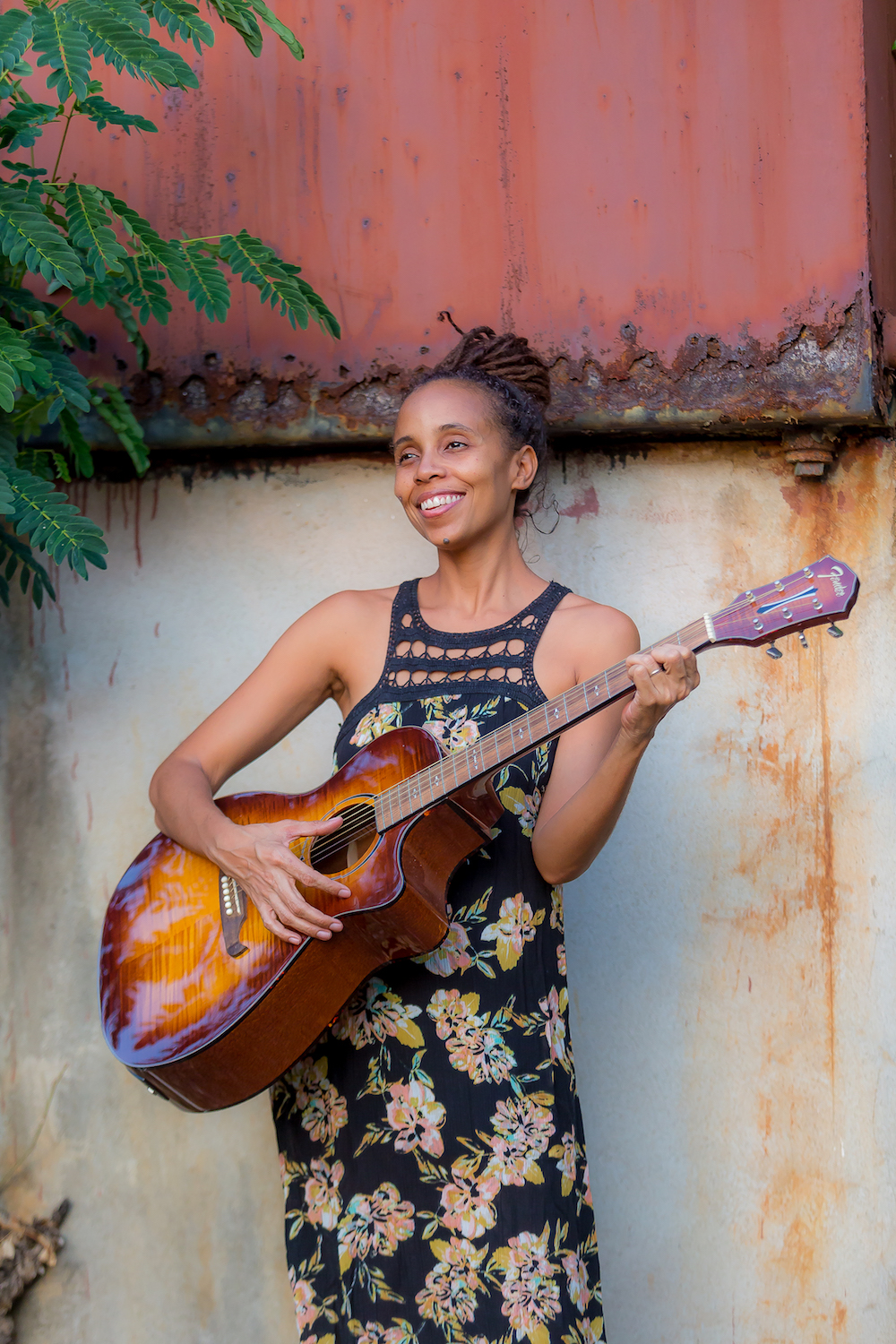
Olivia Wilmot is a singer and songwriter, known artistically to many as Earth and The Fullness.
How does your musical life relate to your life as an educator?
Right now they are probably the most intertwined ever. I had put aside music right before training to become a teacher. In a very real way, like, Okay, I guess I’m not going to do this. I almost forgot about music entirely, aside from the fact of loving and listening to it. After eventually going through my own personal awakenings, the music just kinda came back to me and I was just kinda like, Wow, okay.
LISTEN: ‘Awakening’ by Earth and The Fullness
So I started writing and it was way more powerful than I had ever really noticed before in terms of the feeling that it gives. Those things that I had totally forgotten just all came back. But even before that, still I would sing for my children to try and put them to bed or teach them something.
When I had my daughter I didn’t know what to do. Even as a teacher, I didn’t have any experience with tiny babies. It was my husband, the eldest of all of his siblings, who was like, This is a piece of cake. I was going through a lot but the only thing that I could do to communicate with her was to sing. So I just sang to her all the time. Everything that I was doing, I was singing to her. I would sing for my class too, like at rest time, so I knew in the back of my head which songs really work. But I never really took on recording because I wasn’t thinking of doing music.
When music came back to me years later, it came back in this very strong way. Very spiritual and very personal. Very intuitive. I felt like music and education were very separate because music is so extremely intuitive, probably the most intuitive thing to me, but then education I more associate with school and the facts and the things that I know. I’m able to see over time that there’s actually some similarity between them. Completely immersing myself in the process of Ian Takes Flight educationally is very similar to finding a flow in music, which is also very compelling and absorbing.
How did you come up with your artistic name, Earth and The Fullness?
That was very intuitive. A friend of mine, Sanjay who plays bass with me, was asking for a name. We need a name. So one day I completed my yoga practice and was meditating, and that was how the name came to me. So I just went with it. My interpretation of it was that, when you learn a truth and it seems so profound, you have another experience later where that same truth is expressed even more. Like, to a fullness. It’s like you’re here, you’re learning and you’re growing but things are becoming clearer and clearer and clearer as you go along.
The other side of it is the things that you see and that you don’t see. You have actions but you also have thoughts. You have thoughts but you also have experiences. Everything comes together now for your personal journey here on Earth, which is to experience the fullness.
It was really in that day’s meditation and in meditating on it a likkle more. It’s also quite nice that it’s in a Psalm too, so everybody can relate to it. In Jamaica, people know Bible, you nuh. The Earth is the Lord’s and the fullness thereof. Of course! Everything is under the Almighty.
When did you start creating and performing your own music?
I would always tinker with music when I got the opportunity. I had a likkle keyboard when I was younger. When I was a teenager, I wanted to start learning the guitar. I sang in the choir at school and I was in the orchestra too. But nobody in the house was playing music. My upbringing was very schooly. The traditional kind of things were the things that you do – banker, doctor, lawyer, academics. The creative part of things, me being a creator, was always something I didn’t really think I could or would embody. It had a lot of questions to it because that wasn’t really the thing that was important growing up. There was a lot of music playing but there wasn’t any playing the music. As I got older, I started to do it more but I was so afraid of actually singing in front of people. Like, deathly afraid.
When the songs now started to come to me, this was a spiritual thing. I’m writing the song that made me decide, I’m going to try and go on stage and sing this song, because I didn’t want to be afraid of it. This is before even thinking about actually finishing songs and putting them out. It was just a spiritual experience. I’m writing this song and it’s like I get to a certain point in the writing process and my ancestors are saying to me, Well, okay, here is the music but are you going to sing? So I said, Okay, yes, I’ll sing. That moment was so powerful, even just thinking about it now. I was like, Wow, am I really writing this? It was such an amazing experience. I wrote the song and decided to try and sing and just get over this fear. The name of the song is ‘Roots.’
Really as an adult now, from that point of starting to write, then going through the whole experience of understanding what music is at that level, it’s a whole ‘nother thing. The level of engagement is much deeper, much more conscious and not so much about just expressing yourself for the sake of it. It’s a whole spiritual thing. When they say music is life, it’s really true. It’s very intense.
When the Almighty make Creation, we are manifestations of that Creation and the greatest thing that we can do, aside from loving each other, is creating. And that’s culture.
If culture is the last stand, what is culture to you?
[Read for context: Culture is the last stand]
What we create and share is the thing that actually keeps humanity going and growing. It keeps humanity human. Aside from nature and meditation, it’s the thing that allows you to remember your ancestors, where you’re coming from, and to be inspired to go somewhere else, to continue on the journey of life. When the Almighty make Creation, we are manifestations of that Creation and the greatest thing that we can do, aside from loving each other, is creating. And that’s culture. Culture is what you share, and when you share something it continues to live and teach. That’s what Marcus Garvey or anybody else has done. The only way that we know about it is because it was shared and that’s how it inspires people. So culture comes from ideas and talking to music to creating families to creating buildings.
What recent or favorite book(s) would you recommend to readers?
Ian Takes Flight! I recommend Ian Takes Flight! I sat with this book one afternoon to analyze and categorize the themes. I remember I was listening to some music same time. And it made me cry! Because I’m saying this little boy, Ian, he’s such a sweetheart. And all our children are this sweetheart. It was just so moving to me just how lovely he is and how great it is that children and families will be able to gather around this story, see these beautiful paintings and hear the story of this child. You will be able to see yourself in that beauty, whether as an adult remembering your childhood, as a parent observing your child, or as a child looking at this character and relating him to yourself or your classmate or your brother. So, again, I would recommend Ian Takes Flight by Richard Nattoo. It’s a beautiful story and it has been such a beautiful experience to witness. To have the opportunity to be a part of bringing it to the world has been such an honor.
We have it on good authority that you and our founder were once co-parents! Tell us about that.
Dutty and I went to the same high school, Campion College. We were in the same class from first to third form. We sat relatively close together because he was “H” as in Hutchinson and I was “J” for Johnson and we always sat in alphabetical order. But, as I tell you, I tended to get along when I was in a class. Essentially, we had a class assignment where we were supposed to raise and be responsible for an egg. Dutty – at that time, Gavin – and myself were put together and we took it quite seriously! We gave the egg a name and we had views about what was important and stuff like that. [Laughs.] So it was fun. I’ve always gotten along well with Gavin. So, after not seeing him for so many years after high school, I buck him up again way in the future at Jamnesia. Him sight up Fari – I never sight up Rastafari yet – but every now and then we just kinda keep in touch because we always got along. And then to see that it’s a very small fraction coming out of that school who sight up Rastafari and see the world the certain way, it’s interesting to be along the same journey in that sense. It’s nice working together in this capacity, where we both have our families and these views, and actually put forward a book! A works! It’s a wonderful thing.
